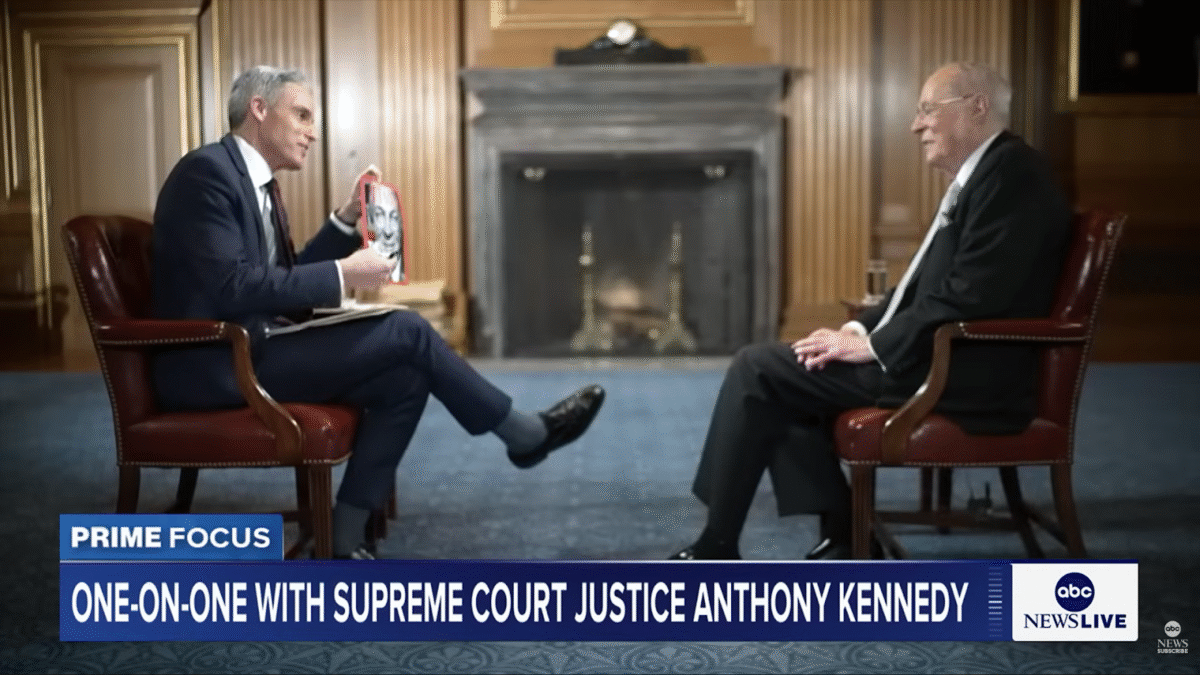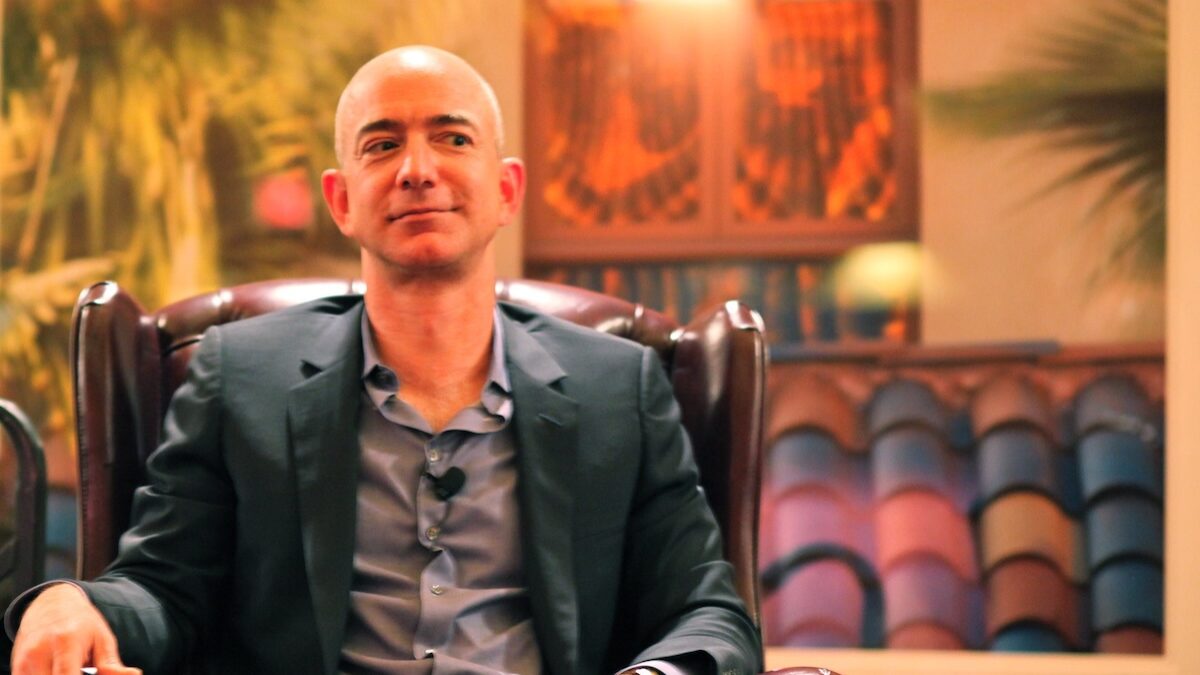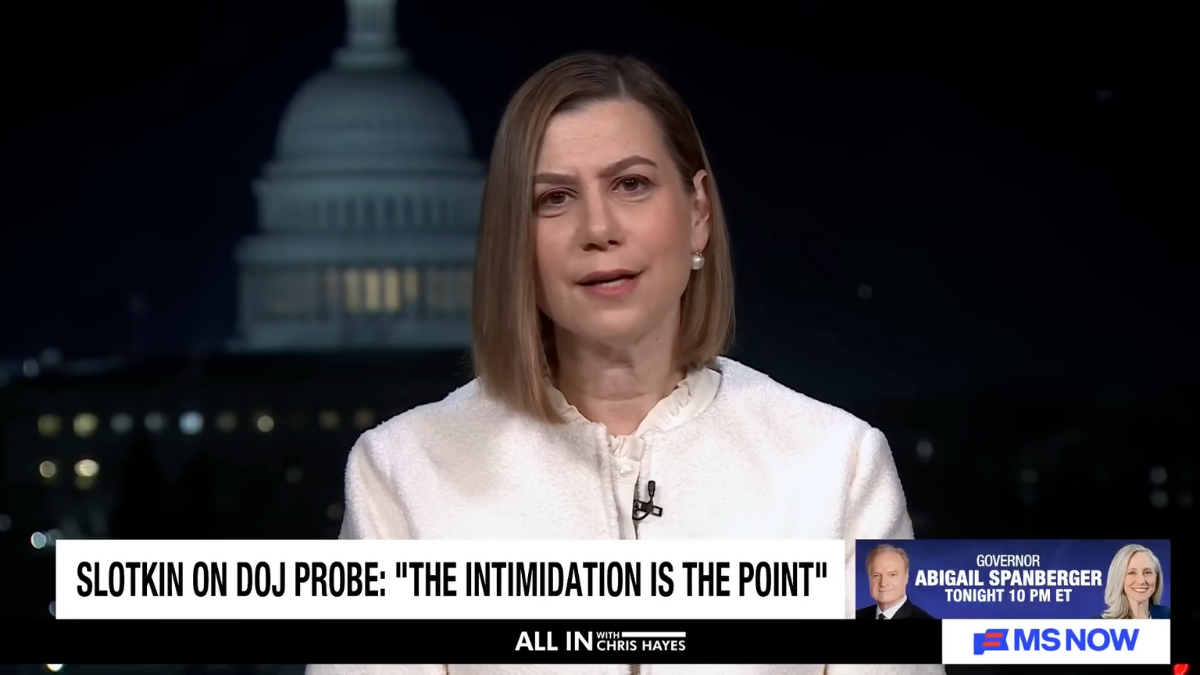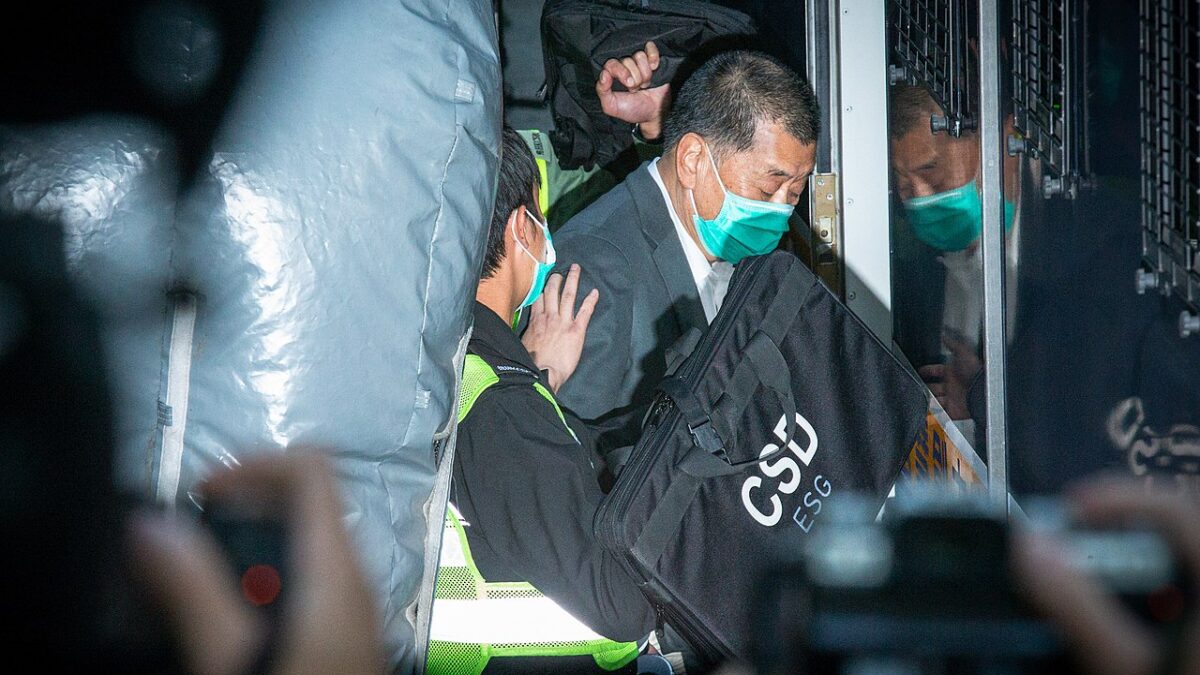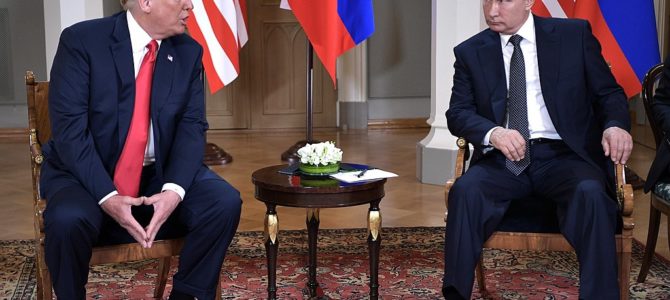
Jim VandeHei of Axios claimed to sum up on Sunday “what we already now know” about Robert Mueller’s findings in the Russia probe. His next claim was even more robust. “What we already now know is highly damning and highly detailed.”
If you want to — and I quote — “go deeper,” you can click a button that gives you “460 words” of how what we know is highly damning and highly detailed. It is, of course, not even close to either of those things. But it’s worth looking at to see how some D.C. figures are easily spun into thinking — or claiming to think — that things for which there is no evidence have “highly detailed” evidence.
Here’s the first allegedly “highly detailed” and “highly damning” assertion from VandeHei: “We now know several Russian officials reached out to a half-dozen Republicans very close to Trump and his campaign, including his eldest son, his closest adviser, his lawyer and his campaign manager. We now know they took the meetings, often enthusiastically, during and after the campaign.”
You will note the details aren’t robust enough for us to have a strong idea of what VandeHei is claiming, much less what in the world is damning about it. It’s almost comical. It is true that foreigners reach out to American campaigns, and that Russia is a foreign country. Presumably Mueller isn’t investigating whether Russia exists or has officials who reach out to campaigns, but rather whether there was any treasonous collusion to steal the 2016 election from its rightful owner Hillary Clinton. Perhaps this is a reference to a meeting with Russians that involved no collusion to steal an election, but an unsuccessful attempt to convince Trump affiliates to oppose Magnitsky Act sanctions against Russia.
If taking a meeting with foreign individuals is de facto proof of a crime, then how would these people characterize the hiring of a foreign spy to work with Russian officials to spread misinformation about an opposing campaign? After all, it was the Clinton campaign that funneled money to hire foreign ex-spy Christopher Steele, an unregistered foreign agent of the sanctioned, Kremlin-connected Russian oligarch Oleg Deripaska. Steele invented a document sourced to Russian officials in and near the Kremlin with outlandish and discredited allegations that were fed to a compliant media and weaponized by U.S. government officials to spy on American citizens connected to Trump. Government officials illegally leaked false negative information about Trump-connected individuals to fuel the Clinton project.
The next “highly detailed” and “highly damning” item from VandeHei: “We now know Russia offered in those chats campaign assistance — ‘synergy,’ they called it. We now know no one around Trump alerted the FBI of this effort to subvert our elections.”
This dramatically overwritten item obscures the fact that the alleged “synergy” was offered by a Russian weightlifter, that the offer was not acted upon, and that the offer, even if it were from a someone higher up in Russian operations than the “weightlifter” portion, was in no way detailed enough to say it was an offer to “subvert our elections.”
VandeHei then alleges, without evidence, that Trump “lied” about being a global businessman trying to develop property in Russia. It is unclear what he’s referencing, since Trump’s statements have accurately noted that no business deal with Russia has ever been reached, and he had spent years talking publicly about developing property in Russia and various other countries. The suggestion that the American public did not know Trump wanted to build Trump towers throughout the world is difficult to swallow.
VandeHei then says, “We now know every arm of the U.S. intelligence community concluded Russia sought to systematically influence the election outcome.” In reality, only three intelligence agencies were party to the assessment, with the vast majority not spending time or resources looking into it, and it was a process that has received some criticism for the manner in which the assessment was made, and its lack of transparency. It is also not true, as VandeHei claims, that Trump rejects this assessment. He has repeatedly acknowledged Russia’s interference in the 2016 elections, part of a pattern of Russian interference going back decades. Trump has rejected the politicization of intelligence agencies, including their opposition to him, which he believes threatens national security.
Another “highly detailed” and “highly damning” item in Vandehei’s listicle is that the incoming president and his staff communicated with world leaders in preparation for Trump taking office, a practice that all incoming administrations have done to ensure that the new administration is able to hit the ground running upon inauguration.
VandeHei then drops a breaking news bombshell. We “now” know that Trump, who fired James Comey more than 18 months ago, is not a huge fan of his handling of the Russia probe. Apparently Axios also has sources that are breaking the news that Jeff Sessions also fell out of Trump’s favor for the same reason. Sessions was forced to resign after the election, following a tenure marked almost entirely by acrimony between him and Trump.
Let’s pause for a minute to reflect on how conventional wisdom is written in many media stories and how it leaves out the most important information. Just this week James Comey publicly called on all Americans to vote for Democrats in 2020, a partisan shriek so loud that only journalists couldn’t hear it.
Comey signed a warrant application to spy on a Trump affiliate during the campaign that was based on a dossier of salacious allegations without evidence. During the transition, he held an utterly bizarre meeting with Trump that looked to any sentient observer like straight up blackmail. He held the meeting — which leaked almost immediately to CNN — to tell Trump only one item from the discredited dossier. The one item he chose to tell him about was that they had information that there was an allegation, without evidence, of a tinkle tape parade involving him, prostitutes, and urination in a Moscow hotel. Presumably Trump realized at that moment that James Comey was a low-rent J. Edgar Hoover who was not to be trusted.
The only surprising thing about his firing was that it took so long. Comey also stole government documents, leaked at least one classified document to the media, and generally behaved in a reprehensible fashion for any current or retired law enforcement official. None of this information is in Axios’ 460-word expose on everything you need to know about the Russia investigation.
VandeHei then attempts to convict Trump of a crime using charges and process crime convictions against Paul Manafort, Mike Flynn, and Michael Cohen, none of whom have been charged with treasonously colluding with Russia to steal the election from Hillary Clinton.
Axios promised highly damning and highly detailed evidence in the Mueller probe. What it instead delivered was warmed-over D.C. conventional wisdom, dramatically overwrought and imprecise allegations, and a notable lack of any evidence that Trump colluded with Russia to steal the election. A typical beltway reader may come away from the article feeling comforted about where the investigation is headed. But it’s hard to argue that anyone who read all 460 words of VandeHei’s bombshell was any more informed than when he began.
Adam Mill contributed to this report.


